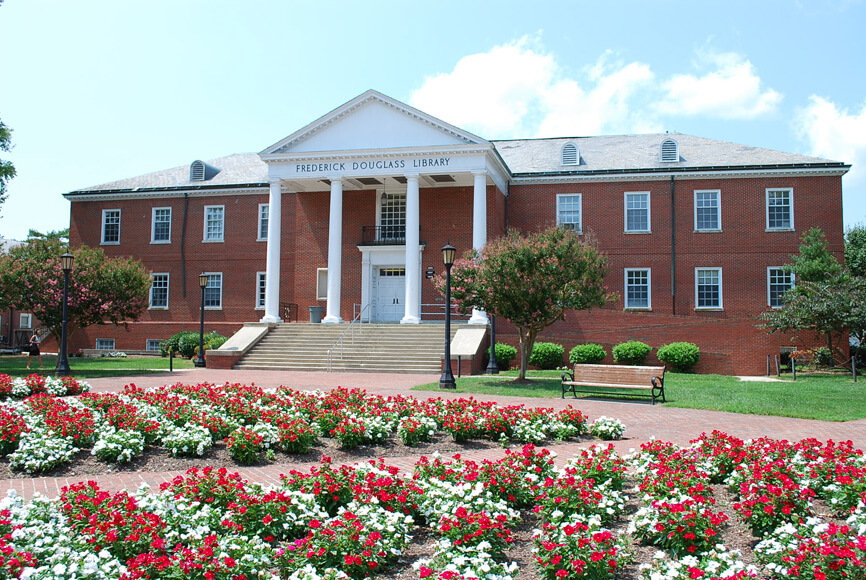In the annals of American history, amidst the struggles and triumphs of marginalized communities, the story of the UMES Land Grant stands as a beacon of hope and progress. The University of Maryland Eastern Shore (UMES), a historically Black institution, has been instrumental in shaping the landscape of education and empowerment for African Americans. The UMES Land Grant, a cornerstone of its mission, embodies a legacy of resilience, equity, and opportunity. This article delves into the rich history and profound significance of the UMES Land Grant, highlighting its transformative impact on education and community development.
Origins and Historical Context:
The establishment of the UMES Land Grant is rooted in a tumultuous period of American history marked by racial segregation and systemic discrimination. In 1890, the Second Morrill Act was enacted, mandating the provision of land-grant institutions for African Americans in states with racially segregated higher education systems. This legislation laid the foundation for the creation of historically Black land-grant colleges, including UMES.
UMES traces its roots back to 1886 when the Delaware Conference of the Methodist Episcopal Church founded the Delaware Conference Academy in Princess Anne, Maryland. Over the years, the institution evolved, expanding its academic offerings and facilities. In 1948, it was designated as the University of Maryland Eastern Shore, cementing its status as a prominent institution of higher learning for African Americans.
The UMES Land Grant:
Catalyst for Progress: The UMES Land Grant has been a catalyst for progress, providing vital resources and opportunities for African American students and communities. Through its land-grant status, UMES has received federal funding and support for agricultural research, extension services, and outreach programs. These initiatives have played a pivotal role in promoting agricultural innovation, economic development, and community empowerment.
One of the most significant contributions of the UMES Land Grant is its emphasis on agricultural education and research. The university’s College of Agriculture and Natural Sciences offers a diverse range of programs in agronomy, animal science, food science, and environmental studies. Through hands-on learning experiences and research opportunities, students are equipped with the knowledge and skills to address pressing challenges in agriculture and sustainability.
Extension services are another cornerstone of the UMES Land Grant mission. The university’s Cooperative Extension Program provides valuable resources and expertise to farmers, businesses, and communities across Maryland. Extension agents work closely with stakeholders to deliver educational programs, workshops, and technical assistance in areas such as crop production, livestock management, and food safety. By fostering partnerships and knowledge-sharing, UMES Extension promotes economic growth and resilience in rural and underserved areas.
Beyond agriculture, the UMES Land Grant encompasses a broader spectrum of outreach and engagement initiatives. The university’s Center for Social Change and Community Engagement (CSCCE) collaborates with local organizations and stakeholders to address social, economic, and environmental challenges facing African American communities. Through service-learning projects, volunteer opportunities, and advocacy efforts, students and faculty contribute to positive change and empowerment at the grassroots level.
Legacy and Future Prospects:
The legacy of the UMES Land Grant extends far beyond the confines of academia, shaping the trajectory of countless lives and communities. From pioneering research in agricultural science to transformative outreach programs, UMES continues to uphold its commitment to excellence, equity, and inclusivity. As the university looks to the future, it remains steadfast in its dedication to advancing knowledge, promoting social justice, and fostering sustainable development.
Conclusion
The UMES Land Grant stands as a testament to the power of education and collective action in overcoming adversity and building a brighter future. Through its unwavering commitment to serving African American communities, UMES has made enduring contributions to the fields of agriculture, education, and community development. As we reflect on the legacy of the UMES Land Grant, we are reminded of the resilience, ingenuity, and spirit of progress that define the American experience.




